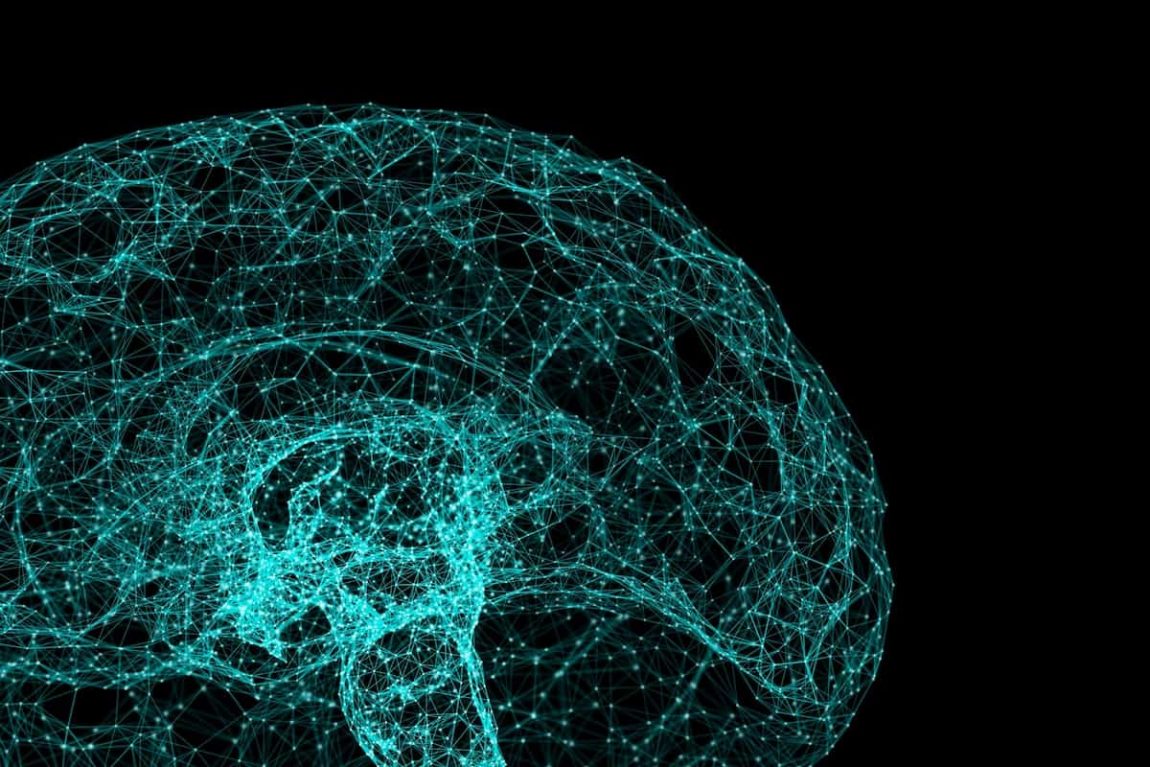- Evolution of AI: From early algorithms to modern deep learning, AI’s journey is marked by cycles of innovation and setbacks, leading to its current prominence.
- Applications Across Sectors: AI’s versatility shines in various fields like healthcare, transportation, and entertainment, revolutionizing traditional practices.
- Ethical Considerations: As AI integrates into society, ethical issues like privacy, misinformation, and bias gain prominence, necessitating responsible AI development.
AI: The Modern Revolution in Technology and Society
The Birth and Evolution of AI
The concept of Artificial Intelligence (AI), initially termed as Machine Intelligence by Alan Turing, has evolved significantly since its inception in 1956. The journey of AI has been a rollercoaster, with periods of high optimism followed by setbacks leading to reduced funding and interest. However, the resurgence in AI, especially post-2012 with advancements in deep learning and the transformer architecture, has led to what is known as the ‘AI spring’ of the early 2020s. This era is marked by significant contributions primarily from the United States, pushing the boundaries of what AI can achieve.
Diverse Applications Transforming Industries
AI’s impact is widespread, cutting across various sectors:
- Search Engines and Recommendation Systems: AI powers the backbone of search engines like Google and recommendation algorithms used by YouTube, Amazon, and Netflix.
- Speech Recognition and Virtual Assistants: Technologies like Google Assistant, Siri, and Alexa are revolutionizing human-computer interaction.
- Autonomous Vehicles: Companies like Waymo are at the forefront of developing self-driving cars, altering the transportation landscape.
- Healthcare and Medicine: AI’s application in diagnostics, treatment planning, and drug discovery is enhancing patient care and medical research efficiency.
AI in Problem Solving: A Multifaceted Approach
AI researchers employ various techniques to tackle complex problems:
- Machine Learning: From supervised to reinforcement learning, AI’s capability to adapt and improve over time is central to its problem-solving prowess.
- Natural Language Processing (NLP): Advances in NLP enable machines to understand and generate human language, exemplified by models like GPT.
- Robotics and Perception: AI’s integration in robotics is enhancing perception capabilities, leading to more sophisticated and autonomous systems.
Ethical Implications and Challenges
As AI becomes more embedded in our lives, it brings forth significant ethical considerations:
- Privacy and Surveillance: The data-intensive nature of AI has raised concerns about privacy and the ethical use of personal information.
- Bias and Fairness: Ensuring AI systems are free from bias and are equitable remains a challenge, with significant implications in sectors like healthcare and law enforcement.
- Misinformation: The potential for AI to propagate misinformation poses a threat to the integrity of information dissemination.
The Future of AI: Promises and Perils
AI’s future is a mix of potential and challenges:
- Superintelligence: The concept of AI surpassing human intelligence raises both exciting possibilities and existential risks.
- AI and Human Coexistence: Balancing the benefits of AI with the need for ethical and responsible development will be crucial in shaping a future where AI and humanity coexist harmoniously.
Frequently Asked Questions
- What is Artificial Intelligence?
AI refers to the intelligence demonstrated by machines, in contrast to the natural intelligence of humans and animals. It involves creating machines capable of performing tasks that typically require human intelligence. - How has AI evolved over the years?
AI has evolved from simple algorithms to complex deep learning and neural networks. It has experienced periods of optimism and decline, ultimately leading to the current era of rapid advancement. - What are the key applications of AI?
AI is used in search engines, recommendation systems, speech recognition, autonomous vehicles, healthcare, and more. - What are the ethical challenges associated with AI?
Ethical challenges include privacy concerns, potential bias in decision-making, and the spread of misinformation. - How does AI impact everyday life?
AI impacts everyday life through virtual assistants, online search and shopping recommendations, social media feeds, and emerging uses in transportation and healthcare. - Can AI surpass human intelligence?
The concept of superintelligence suggests AI could surpass human intelligence, but this remains a theoretical and contentious topic. - How is AI regulated?
AI regulation involves developing policies and laws to manage the ethical and practical implications of AI technology. - What is machine learning in AI?
Machine learning is a subset of AI where machines improve their performance on tasks through experience and data. - Are AI-generated recommendations always accurate?
While AI recommendations are often helpful, they can be influenced by biases in the data and algorithms used. - What is the future of AI?
The future of AI includes continued technological advancements, integration into more aspects of life, and ongoing debates over ethical, societal, and safety issues.





